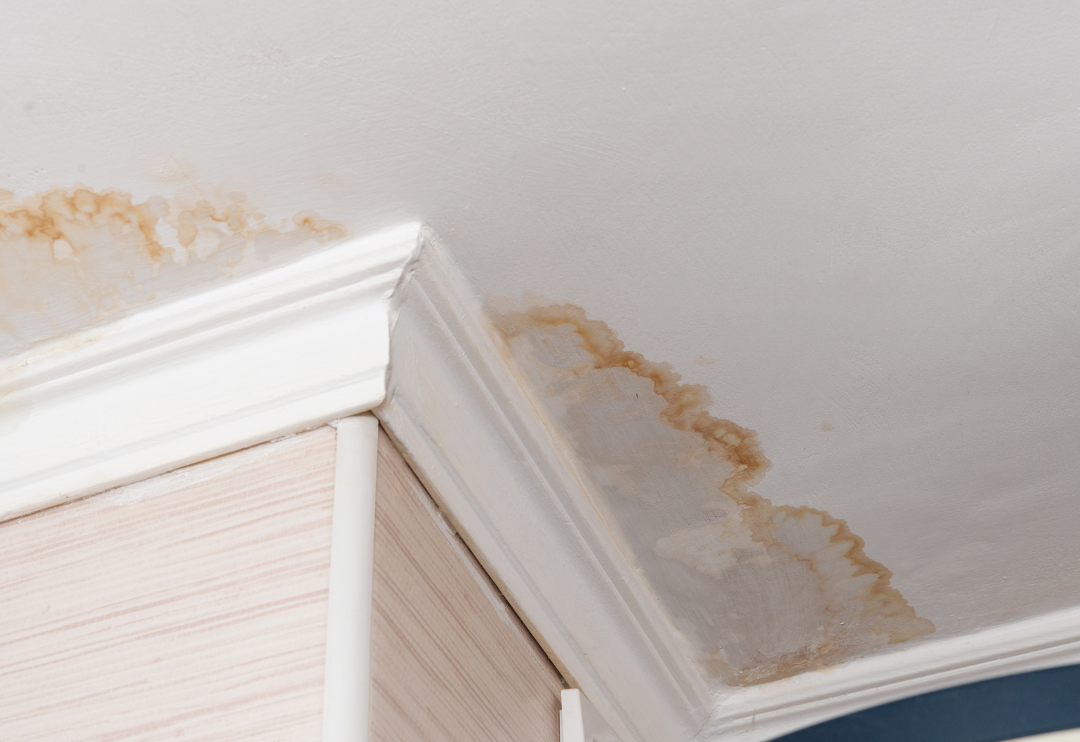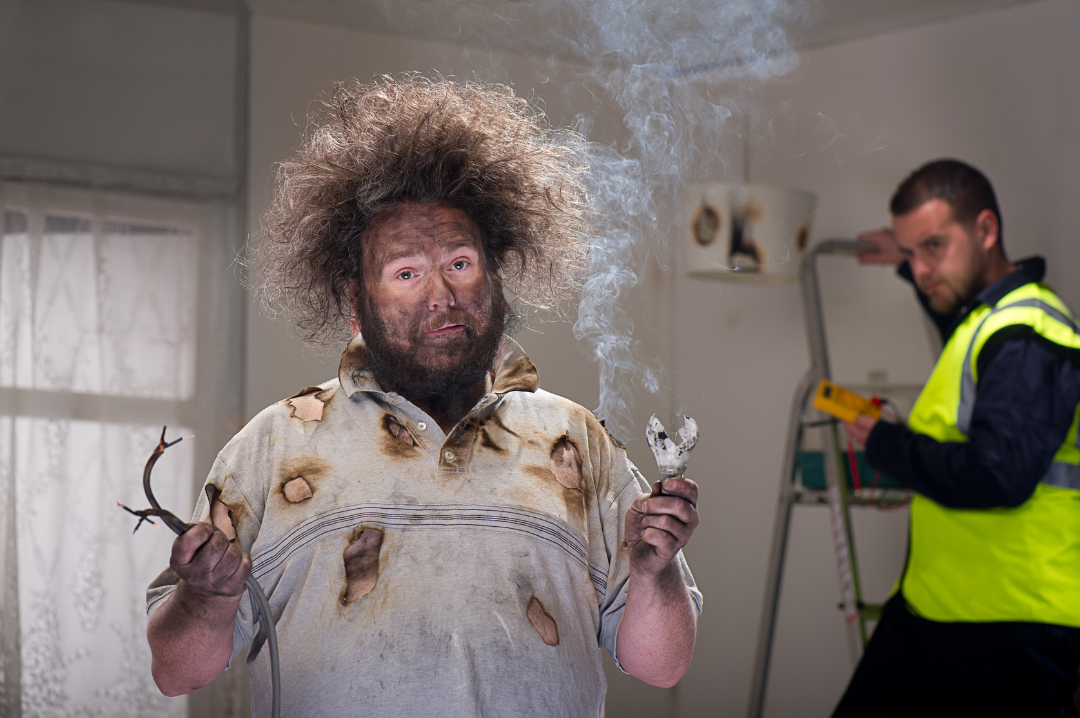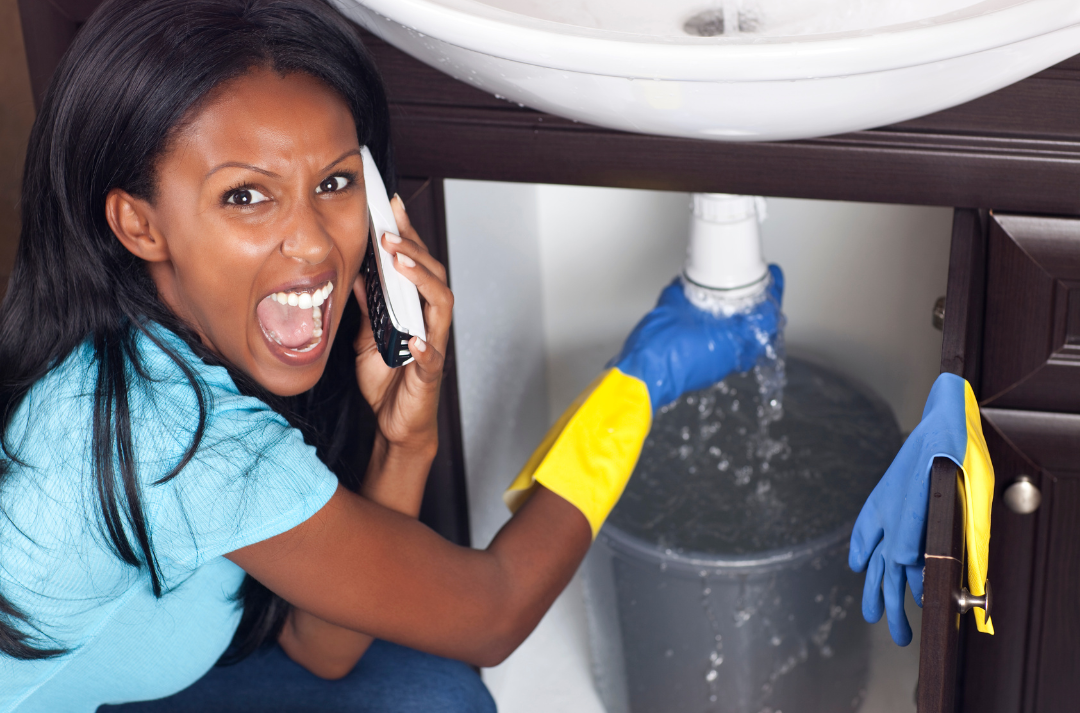In the exhilarating journey of buying a new home, the process of home inspection plays a pivotal role. It's the point where potential buyers gain insights into the true condition of the property and make informed decisions. Home inspectors are like detectives, revealing underlying issues that may not be apparent at first glance. These professionals have a keen eye for spotting red flags—indicators of potential problems that could significantly impact the home's value, safety, and overall appeal. In this article, we'll delve into the world of home inspection red flags, understanding what they are and how to address them.

Cracks and Foundation Shifts: A Warning of Structural Issues
One of the most glaring red flags in a home inspection is the presence of cracks in the foundation or walls. These can indicate structural problems, which, if left unaddressed, could lead to expensive repairs down the line. Inspectors will carefully assess the severity and location of cracks to determine if they are superficial or indicative of more significant issues. Hairline cracks are often common due to settling, but wider cracks or those that zigzag may be a cause for concern.
Addressing the Issue:
If cracks are identified during the inspection, it's crucial to consult with a structural engineer to evaluate the severity. They can provide expert advice on whether repairs are needed and the potential impact on the home's stability. Depending on the situation, repair options could range from simple cosmetic fixes to more extensive foundation work.

Mold and Water Damage: Uncovering Hidden Health Hazards
Mold is not only unsightly but also poses health risks to occupants. During a home inspection, inspectors look for signs of moisture intrusion and mold growth, particularly in damp areas like basements, bathrooms, and attics. Water stains on walls and ceilings are indications of leaks that could lead to further damage if not addressed promptly.
Addressing the Issue:
If mold is detected, it may be a good idea to have a professional mold remediation company assess the situation. They can identify the source of moisture, remove existing mold, and provide solutions to prevent future growth. Addressing water damage promptly not only protects the health of residents but also prevents potential deterioration of the home's structure.

Electrical System Problems: A Shocking Revelation
An outdated or poorly maintained electrical system can be a significant red flag. Home inspectors are trained to identify potential electrical hazards such as exposed wiring, overloaded circuits, and improper grounding. Faulty electrical systems can lead to safety hazards, including the risk of fires and electrical shocks.
Addressing the Issue:
If the inspection reveals electrical issues, a licensed electrician can conduct a thorough evaluation and make necessary repairs. Ensuring that the electrical system meets modern safety standards not only safeguards your family but also ensures the home's compliance with regulations.

Plumbing Nightmares: Leaks and Drainage Woes
Plumbing problems are notorious for causing headaches and costly repairs. Home inspectors pay close attention to signs of leaks, water stains, and poor drainage. Slow-draining sinks, toilets, or showers may indicate clogs or more complex plumbing issues.
Addressing the Issue:
For plumbing concerns, enlisting the expertise of a professional plumber is essential. They can identify the root cause of leaks, address drainage problems, and recommend solutions to prevent further issues. Addressing plumbing red flags promptly can save you from dealing with water damage and costly repairs in the future.

Roofing Woes: Protecting Your Shelter
The condition of the roof is a vital aspect of a home's integrity. During an inspection, inspectors look for missing shingles, signs of aging, and potential leaks. A compromised roof can lead to water infiltration, insulation damage, and decreased energy efficiency.
Addressing the Issue:
If roofing issues are flagged, it's best to consult with a roofing professional. They can assess the extent of the damage and recommend repairs or replacements as necessary. Addressing roofing concerns promptly ensures that your investment is well-protected from the elements.

Pest Infestations: Unwanted Intruders
Pests can wreak havoc on a home's structure and pose health risks to residents. Home inspectors are skilled at identifying signs of pest infestations, such as termite damage, rodent droppings, and insect nests.
Addressing the Issue:
If pests are discovered during the inspection, consider hiring a pest control specialist. They can assess the extent of the infestation, implement effective treatments, and provide recommendations to prevent future infestations. Protecting your home from pests is essential for its longevity and the well-being of your family.

A home inspection is a critical step in the home-buying process that unveils potential red flags that may affect your investment. Addressing these red flags promptly can save you from future headaches and expenses. If you're uncertain about how to proceed with any of the issues flagged by the home inspector, consult with qualified professionals who can provide expert advice and solutions. Remember, the goal is to ensure that your new home is a safe, comfortable, and sound investment for years to come.
Posted by Infinity Admin on

Leave A Comment